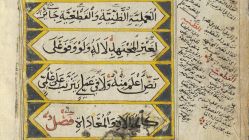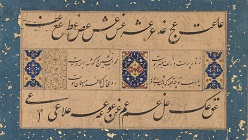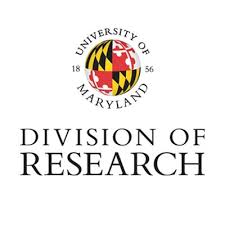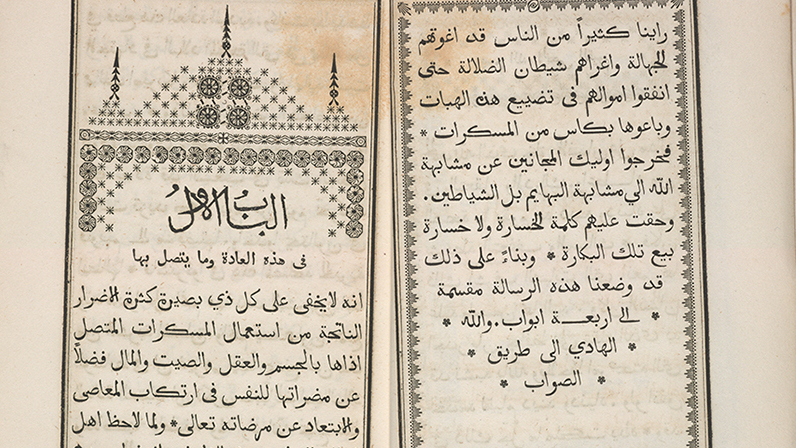The University of Maryland Office of the Provost and Office of the Vice President for Research have announced ten recipients of this year’s Independent Scholarship, Research and Creativity Awards (ISRCA). The grant funding will support a variety of research studies and scholarly explorations ranging from poetry and literature to the immigrant experience.
“We are excited to support these projects, which embody faculty creativity and demonstrate the versatility and broad expertise of our researchers,” said Senior Vice President and Provost Jennifer King Rice.
The ISRCA program, launched in 2019, is designed to support the professional advancement of faculty engaged in scholarly and creative pursuits that use historical, humanistic, interpretive, or ethnographic approaches; explore aesthetic, ethical, and/or cultural values and their roles in society; conduct critical or rhetorical analysis; engage in archival and/or field research; and develop or produce creative works. Awardees are selected based on peer review of the quality of the proposed project, the degree to which the project will lead to the applicant’s professional advancement, and the potential academic and societal impact of the project.
In all, 44 eligible proposals were submitted, representing 9 colleges and 29 departments across campus. The awards, worth up to $10K, support faculty and their research expenses.
“We were greatly pleased to see the strong faculty interest and engagement in this program, and the robust and diverse research areas explored by our faculty,” said Interim Vice President for Research Amitabh Varshney.
This year’s award recipients are:
In References We Trust? A History of Peer Review in the Sciences
Melinda Baldwin, Associate Professor (ARHU-History)
Landscape Memories, Migration, and Commons Management in Forest Systems
Madeline Brown, Assistant Professor (BSOS-Anthropology)
Radical Lens: The Photographs of Nancy Shia
Nancy Mirabal, Associate Professor (ARHU-American Studies)
Navigating Prolonged Legal Limbo: Deferred Action for Childhood Arrivals Recipients in the D.C. Metro Region
Christina Getrich, Associate Professor (BSOS-Anthropology)
Kippax Colonoware Sourcing and Trade Study
Donald Linebaugh, Professor (ARCH-Historic Preservation)
Embodied Afterlives: Performing Love Suicide in Early Modern Japan
Jyana Browne, Assistant Professor (ARHU-SLLC)
Selective: Data, Power, and the Fight over Fit in Organizational Life
Daniel Greene, Assistant Professor (INFO)
Sensing God: Embodied Poetics and Somatic Epistemology in Medieval Persian Sufi Literature
Matthew Miller, Assistant Professor (ARHU-Persian/SLLC)
Korean Immigrant Pioneers and Intergenerational Mobility Prospects in the DC Region
Julie Park, Associate Professor (BSOS-Sociology and Asian American Studies)
Cool Fratricide: Murder and Metaphysics in Black and Indigenous U.S. Literature
Chad Infante, Assistant Professor (ARHU-English)








